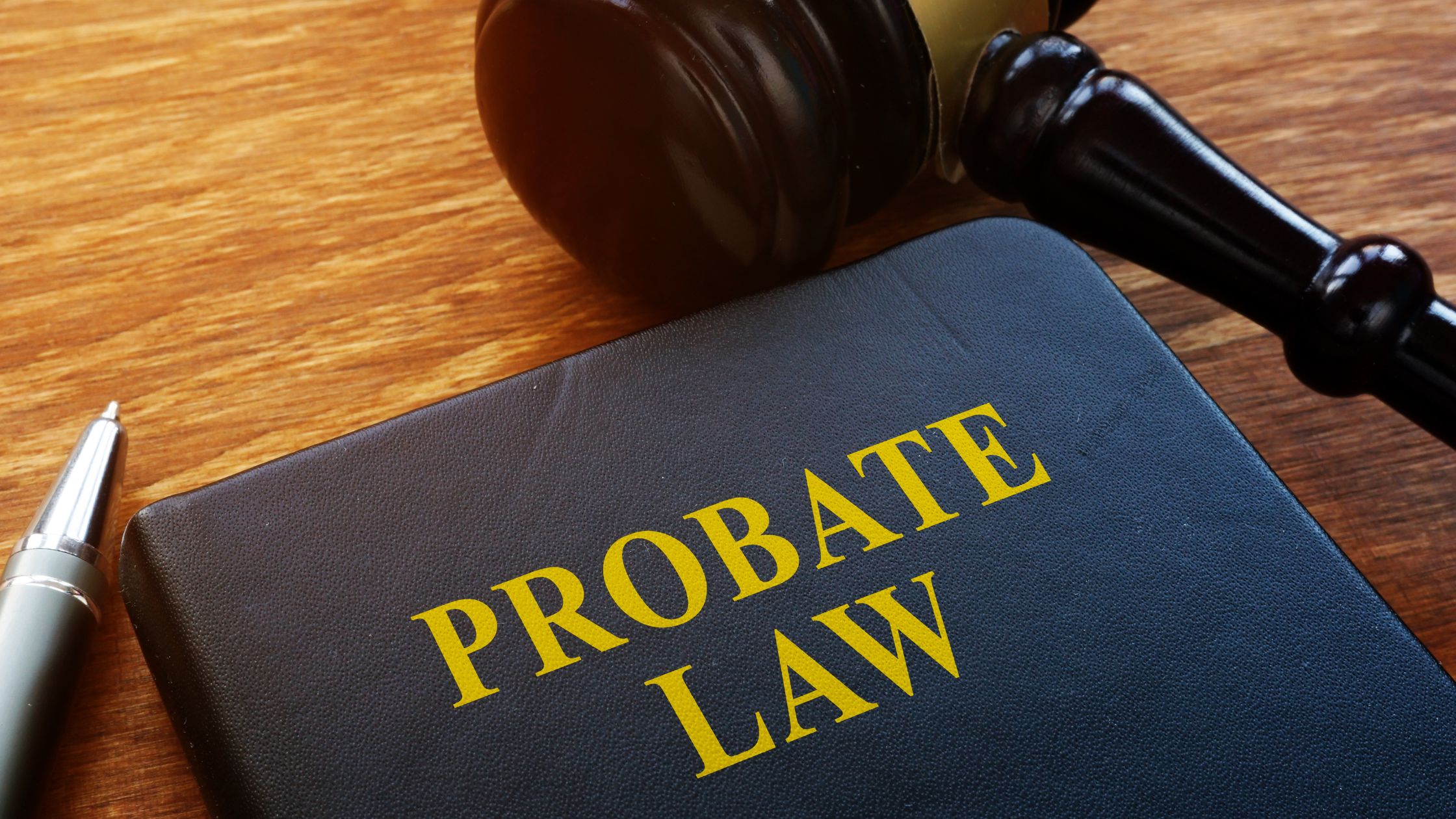
After a loved one passes away, probate can make the process of distributing assets time-consuming and costly. However, individuals can take steps during the estate planning process to bypass probate to reduce complications and simplify asset distribution before they die. An experienced Arizona estate planning attorney can explain how to avoid probate with a trust in Arizona.
What Is Probate?
The probate process involves determining the validity of a decedent’s will and appointing an individual to serve as the estate’s personal representative (executor). Probate begins when a person nominated to serve as executor of a decedent’s estate presents the decedent’s will to the court for approval. If the court accepts the will as genuine and legally binding, the person approved as the executor will receive letters of administration and begin settling the deceased’s affairs.
If the decedent left no will, the court will rely on Arizona’s intestate succession laws to distribute assets.
Why You Should Avoid Probate in Arizona
Probate often involves delays and additional expenses before a decedent’s assets can be distributed to their heirs and beneficiaries. Various estate planning tools can help bypass the probate system, especially revocable and living trusts.
How a Trust Helps Avoid Probate
A revocable or living trust can help an individual or family avoid probate by providing an alternative means of distributing inheritances. With a revocable trust, you transfer assets and property from your probate estate before death. You can still access these assets during your lifetime and modify or revoke it as you wish. You will also name a successor trustee to handle asset distribution when you pass away. Living trusts are not subject to probate in Arizona, so establishing one streamlines the asset distribution process and avoids court involvement.
Steps to Create a Trust in Arizona
Under Arizona law, a person can create a trust if they are legally capable, intend to do so, and the trust has a clear beneficiary, a charitable or noncharitable purpose, or is for the care of an animal. However, a person may not create a trust that names themselves as the sole trustee and beneficiary.
To create a trust, the person establishing the trust must execute a trust document naming one or more trustees and beneficiaries. The trust document should also provide rules or guidelines for how the trustee(s) should manage the trust, including how to distribute trust income and principal to beneficiaries. After executing the trust document, the person must fund the trust by transferring assets to the trust’s account or name.
While it’s possible to set up a trust on your own, consulting an experienced attorney is highly advisable to ensure the trust is structured to comply with state laws. An attorney can also discuss the tax liabilities you may incur and how a trust could impact your access to public benefits for long-term care.
Contact the Trust Attorneys at Pennington Law, PLLC Today
If you are considering establishing a trust to avoid probate in Arizona, you need experienced legal counsel to advise on how to structure a trust and the risks and benefits of establishing one. At Pennington Law, PLLC, we provide honest answers and sound guidance so you can protect your wealth and leave behind the legacy you want. Contact our firm today for a free consultation with a skilled trust lawyer.

